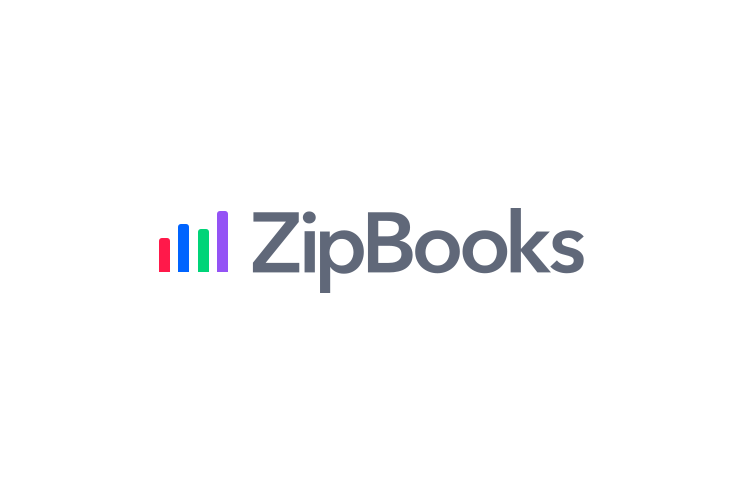by Zipbooks Admin
ZipBooks Gives Small Businesses A One-Stop Shop For Accounting and Cash Flow Management

For startups and small businesses, keeping the books and managing cash flow can be a major headache. In the early stages of business development, bookkeeping responsibilities fall to one of the founders, who have to either engage a part-time bookkeeper or manage the finances themselves. It’s time consuming and distracts away from their core competencies, yes, but it’s also a critical part of running a business — and ensuring that you have enough money in the bank to make payroll.
After experiencing this painful process twice (as a co-founder of iWrap and, again, at Reef3), Tim Chaves decided founders had been subjected to enough pain and set out to build a solution — “the product I wish had been available the first two times around,” he says. A member of Harvard Business School’s most recent graduating class, Tim Chaves turned down a lucrative offer from Google to venture out on his own. After securing funding from Peak Ventures, ZipBooks development began in earnest with a single goal — to help startups and small businesses manage their books and cash flow.
ZipBooks is officially launching today with a platform that aims to help SMBs more quickly and painlessly balance their books and get short-term invoice financing when cash is tight. The process is built into the familiar steps necessary to create and send an invoice.
Instead of having to hire a CPA firm or engage a part-time bookkeeper, or manage the accounting internally with QuickBooks, ZipBooks wants to turn that tedious, time-sucking process that happens for you in just a few minutes inside your browser.
ZipBooks allows companies that use Stripe to process credit cards to log in and integrate their existing account. They have also partnered with Plaid to pull in bank information for most bank in the United States and Canada. Once integrated, companies can manage their payments and expenses inside of ZipBooks.
By choosing to finance an invoice using the ZipBooks platform (which, by the way, is optional, not required), companies can ensure that they will have the cash that they need when they need it.
In the big picture, ZipBooks is out to disrupt the expectations that small business owners have for their accounting software. Many startups opt to use outsourced bookkeeping services for their accounting which involves paper pushing and a lot of back-and-forth emails. ZipBooks wants to see this process get faster and cheaper.
Of course, while this software has a lot of appeal for businesses, ZipBooks is seeing significant interest among consultants as well. “I know a lot of great entrepreneurs that made their start as part-time consultants in order to test the waters,” says Chaves. “We built in an automated estimate approval process and time tracking for just this reason. We aren’t in the business of picking winners, but we do want to be in the mix when a consultant’s business starts to take off.” There are a lot of options for consultants, but by offering recurring invoicing, autobilling, time tracking, invoicing and bank integration for free — without ads — Chaves thinks that ZipBooks has a leg up on the competition.
About ZipBooks
ZipBooks is the only way for business owners to send and finance an invoice in a single click. ZipBooks gives small business owners access to bookkeeping, invoicing, time tracking, bank information, and credit card processing without a monthly subscription. This all helps business owners get more funding, lower the cost of running a business, and saves time so they can run and grow their business the way they want. ZipBooks has offices in Lehi, Utah, and its investors include Peak Ventures. For more information visit ZipBooks.com, and follow us on Twitter.